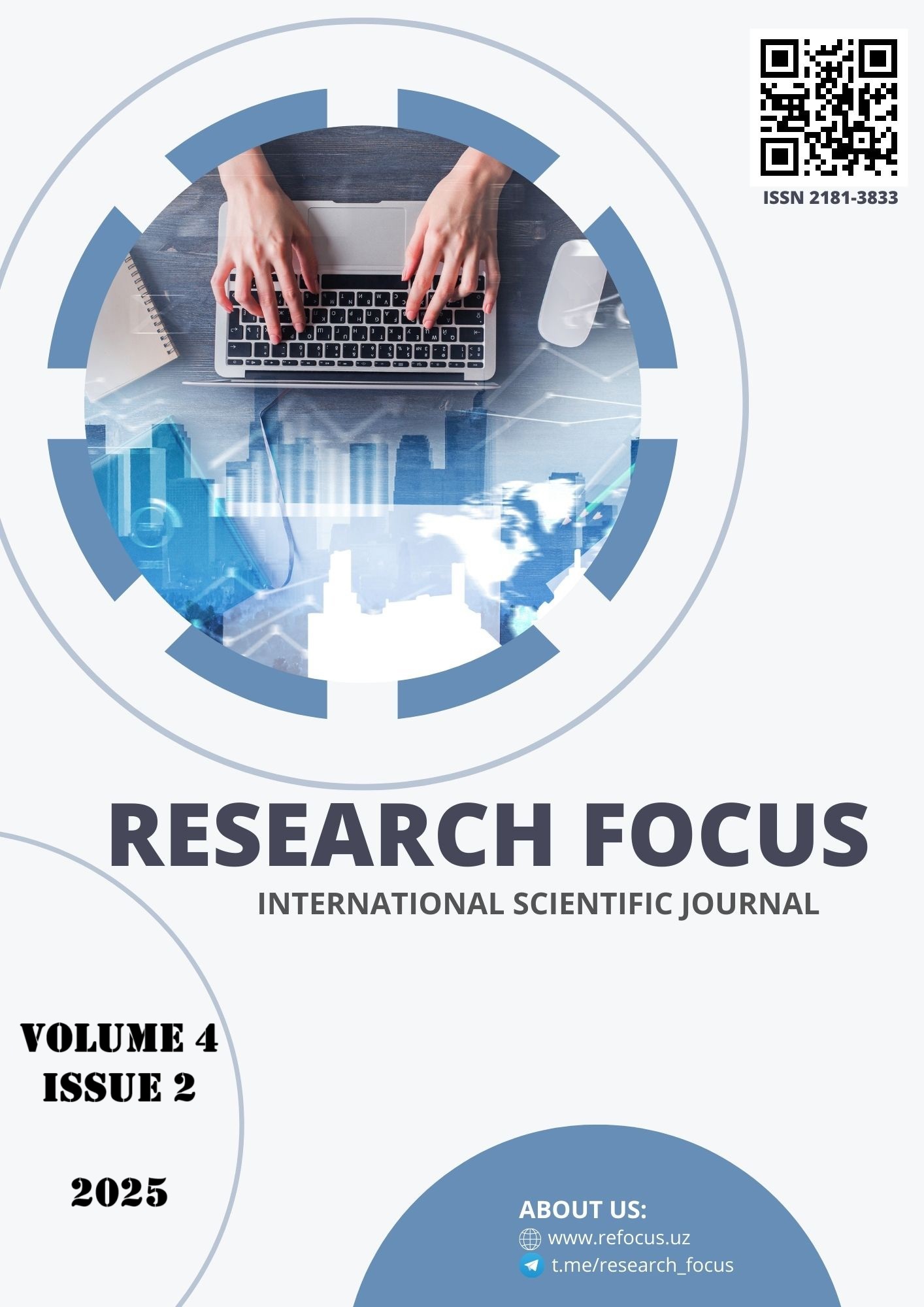THE INFLUENCE OF SOCIAL MEDIA ON ENGLISH LANGUAGE USE
Main Article Content
Abstract
Social media has become a dominant force in shaping how people communicate, particularly in the English language. This article explores the profound influence of social media platforms on English language use, focusing on changes in vocabulary, grammar, and communication styles. It examines how platforms like Twitter, Instagram, and TikTok have introduced new linguistic trends, such as abbreviations, emojis, and hashtags, while also fostering global communication. The article concludes with implications for English language teaching and the need to adapt pedagogical approaches to address these evolving linguistic practices.
Article Details

This work is licensed under a Creative Commons Attribution 4.0 International License.
References
Baron, N. S. (2021). How we read now: Strategic choices for print, screen, and audio. Oxford University Press.
Crystal, D. (2011). Internet linguistics: A student guide. Routledge.
Jenkins, J. (2015). Global Englishes: A resource book for students (3rd ed.). Routledge.
Thurlow, C., & Mroczek, K. (Eds.). (2011). Digital discourse: Language in the new media. Oxford University Press.
Varis, P., & Blommaert, J. (2015). Conviviality and collectives on social media: Virality, memes, and new social structures. Tilburg Papers in Culture Studies, 138.

